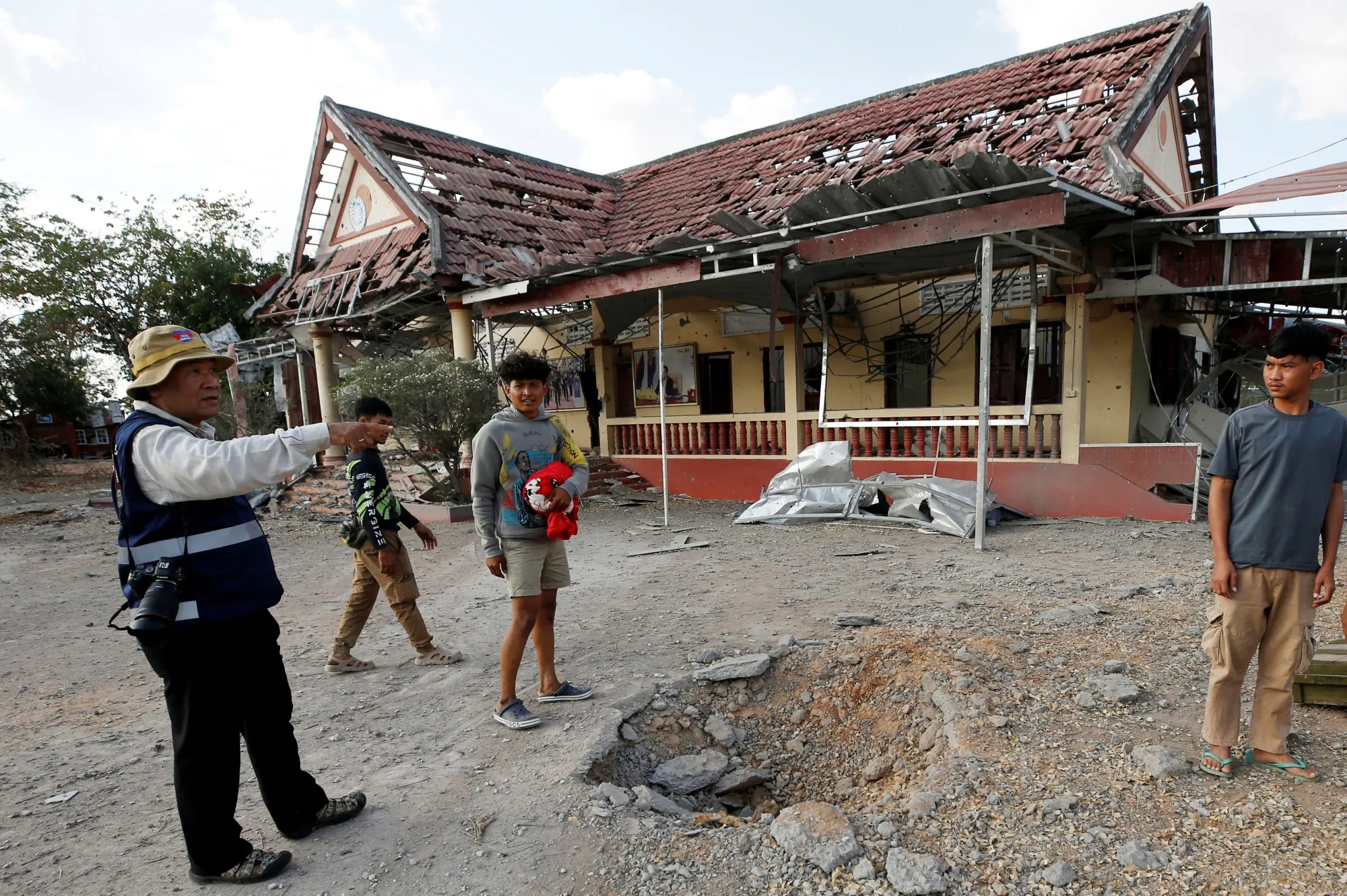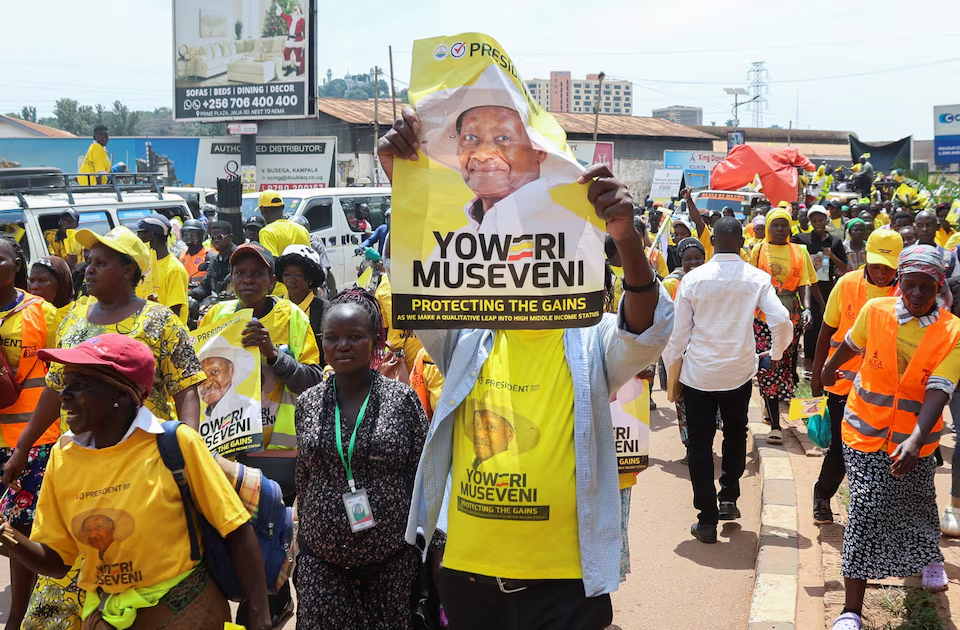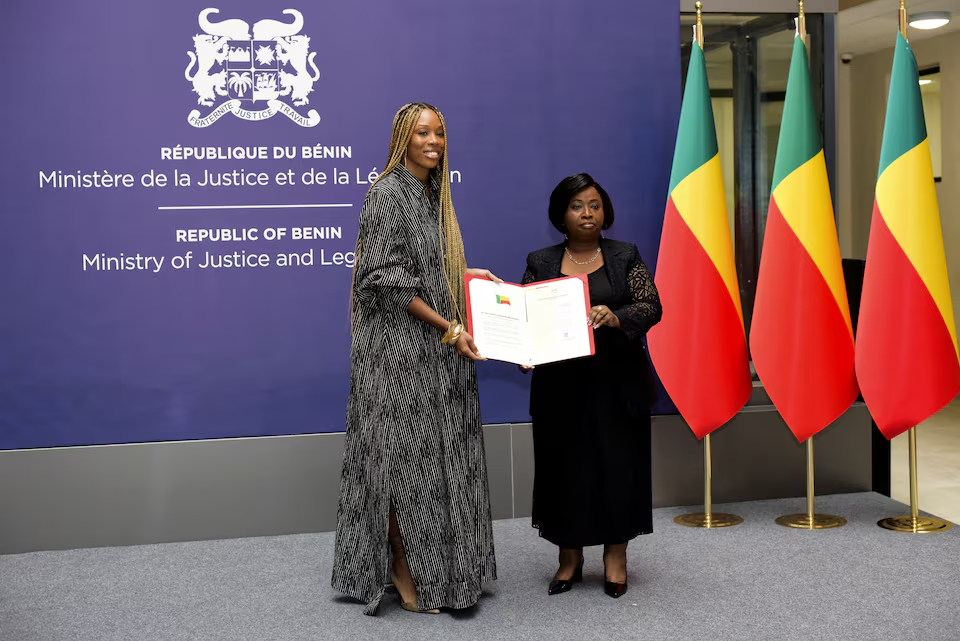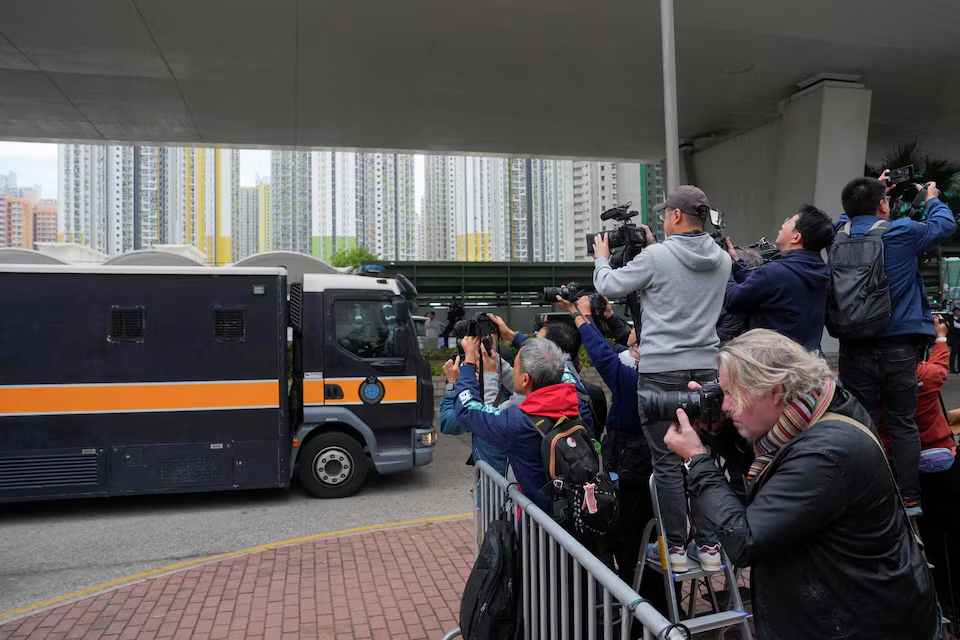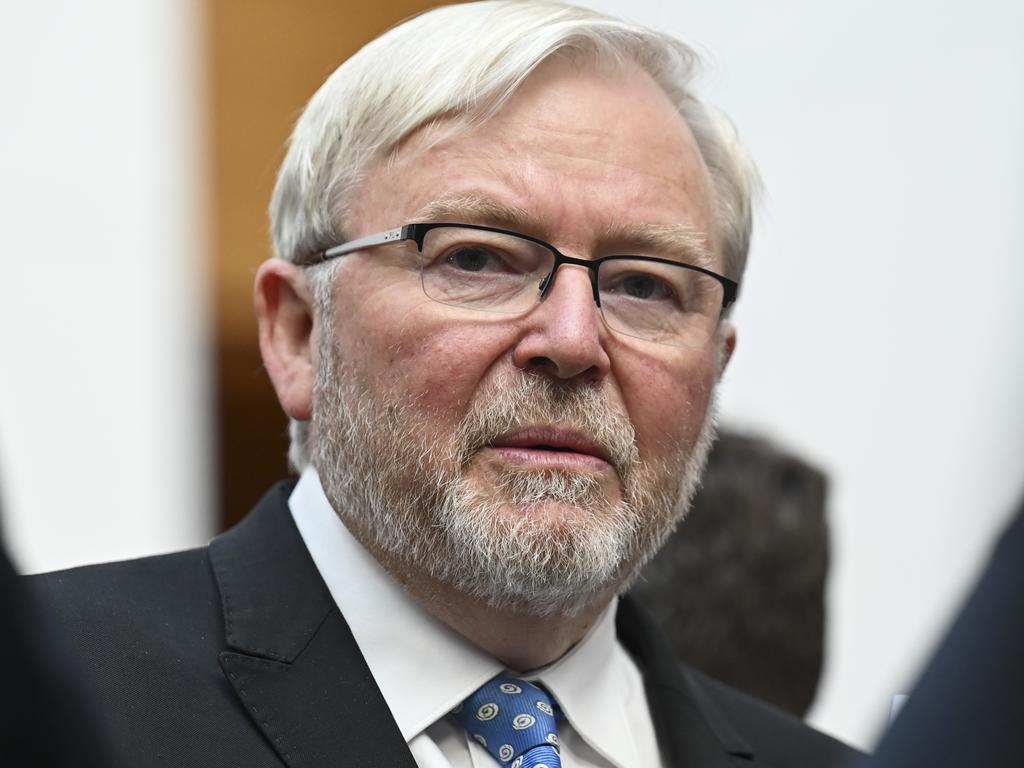Gambia citizens seeking B1/B2 visas must post refundable bonds of $15,000, starting from October 11, amid U.S. concerns over visa overstays.
United States will soon require Gambian citizens seeking short-term business or tourist visas to post a financial bond of up to $15,000, the State Department announced on Tuesday.
The new measure, set to take effect on October 11, applies to applicants for the B1/B2 visa, which covers business visits and tourism. Under the program, those approved for the visa must deposit a bond of $5,000, $10,000, or $15,000 before it can be issued. The amount will be determined at the visa interview stage.
According to U.S. officials, the policy is designed to address high overstay rates, where travelers fail to leave the country after their visas expire. The Department of Homeland Security’s latest overstay report, published in July, placed Gambian nationals among the groups with persistently high violation rates.
Read Also: US Have Restored Long-Term Visas For Ghanaians After Deal
The State Department said the requirement is part of a pilot program outlined under the Immigration and Nationality Act, Section 221(g)(3). Officials stress that the bond is not a substitute for meeting visa criteria. Even if a bond is paid, a visa may still be refused.
Applicants directed to pay a bond must complete Department of Homeland Security Form I-352 and submit payment through the U.S. Treasury’s secure platform, Pay.gov. The government has cautioned applicants against using third-party websites, warning that payments made outside official systems will not be recognized or refunded.
Consular officers will provide eligible applicants with direct instructions on how to post the bond, the State Department added. Travelers are also advised not to pay in advance or without explicit direction from a consular officer, as doing so may result in lost funds.
The visa bond is refundable if travelers comply with the terms of their stay and depart the United States before their visa expires. Failure to do so may result in forfeiture of the deposit.
The U.S. has periodically tested visa bond programs in the past as a deterrent against overstays, but critics argue such measures place an unfair burden on travelers from low-income nations. Washington maintains the policy is targeted and temporary, focusing on countries where visa misuse has posed persistent challenges.
For Gambian citizens, the upcoming change represents a significant new hurdle to visiting the United States for work or leisure.


